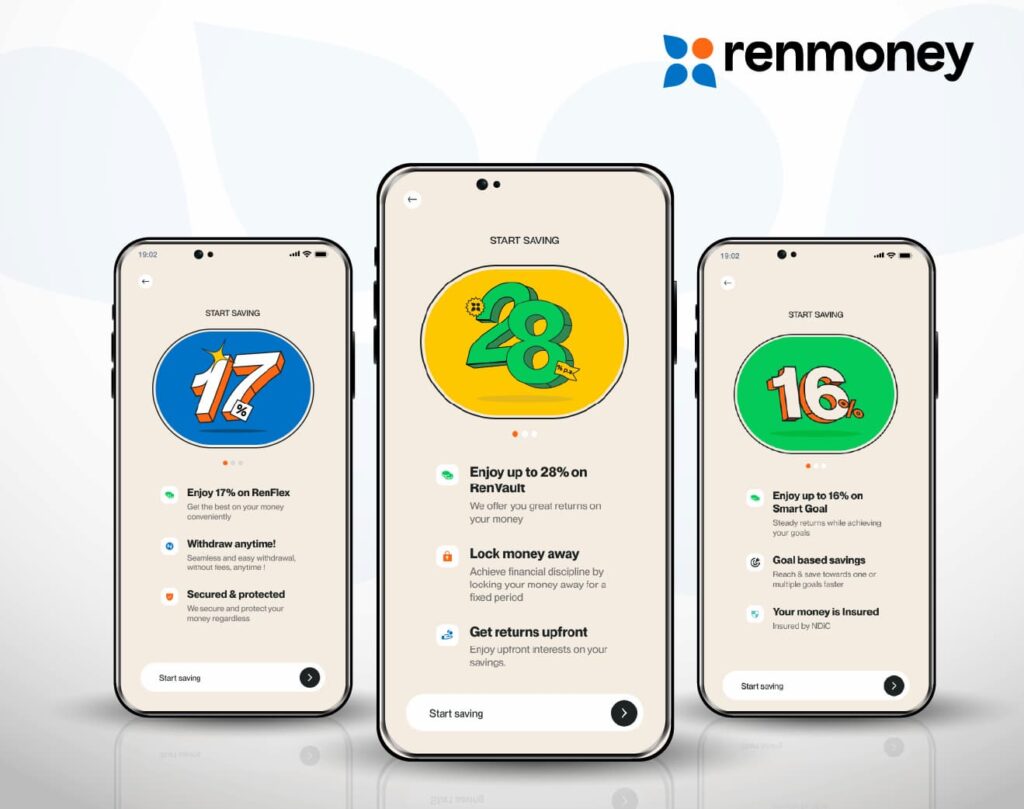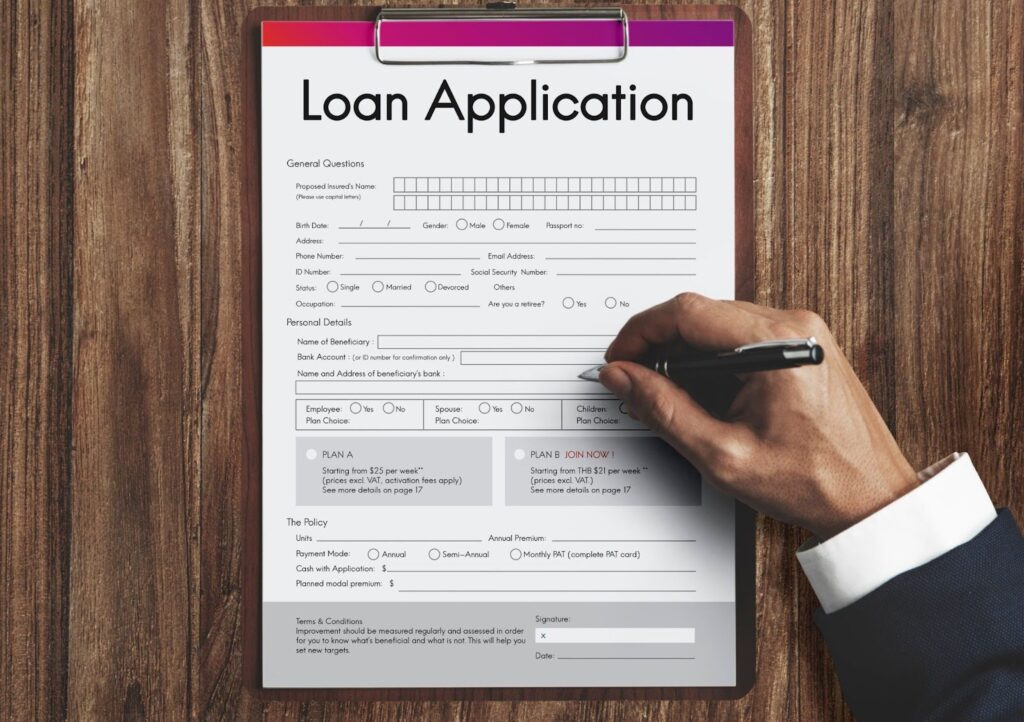
Let’s be honest, managing money in Nigeria can feel like trying to hold water in your hands. One day, you’re on top of your game, the next, a surprise “urgent 2k” message or a fuel price hike turns your whole budget upside down. But here’s the good news: budgeting does work. And it works even better when it’s made for people like you and me, dealing with the realities of Nigerian life. So if you’ve ever asked, “How do I budget my salary in Nigeria and still breathe?” or “How do I create a bulletproof budget with all these expenses?”, this guide is for you
1. Know your income like you know your ATM pin
Let’s start with the basics: how much do you really earn? For salaried folks, it’s easy, your monthly alert tells the story. But for freelancers, business owners, or side hustlers, income is often unpredictable. In that case, calculate your average monthly income over the last 3–6 months. Be realistic. If you made ₦500k one month and ₦100k the next, don’t assume every month will be Christmas.
🔗 For help, check this YouTube video for tips on how to budget on a variable income.
2. Track your expenses like a detective
Inspector Gadget, where is your money really going? That ₦3k shawarma, the ₦600 airtime top-ups, the weekend outing that was “just vibes”, they all add up.
Real-Life Example:
Chuka earns ₦200k/month. He didn’t realize he was spending ₦30k monthly on Bolt rides. After reviewing his expenses, he decided to alternate between public transport and ride-hailing. That change alone helped him save ₦15k monthly.
Use a note app or budgeting app like Deborah Ho’s Expense Tracker or an old-fashioned pen and paper. Record everything for at least 30 days to see patterns.
3. Differentiate needs vs. wants (Yes, Netflix counts)
Let’s face it, Nigeria isn’t cheap. But not everything is essential.
- Needs: Rent, food, transportation, school fees, data
- Wants: Netflix, that new ASOS shirt, constant eating out, DSTV premium (when you only watch one channel)
Once you know your numbers, trim where needed. It’s not about depriving yourself, it’s about directing your money to things that matter.
4. Pick a budgeting method that works in Nigeria

a. The 50/30/20 rule (Modified Naija Version)
- 50% – Needs (rent, food, transport)
- 30% – Wants (entertainment, outings, nice things)
- 20% – Savings or debt repayment
Not working for your salary bracket? Adjust it to 60/20/20 or 70/10/20 depending on your needs.
b. Zero-based budgeting
Every naira gets a job. Your income minus your expenses equals zero. No waste.
Check out Investopedia’s Zero-Based Budgeting breakdown.
5. Build an emergency fund (Start with as low as ₦1,000)
This one is hard but necessary. Life in Nigeria throws curveballs, a medical bill, sudden job loss, or NEPA wahala can eat into your funds. Having even ₦50k in savings can be a lifesaver.
Start small. Save ₦1,000 – ₦5,000 weekly. Use a savings platform like Renmoney that gives up to 28% interest to lock your savings so you’re not tempted to dip in every other week.
6. Pay yourself first
Once your salary drops, pay your savings FIRST before you touch anything else. Set up an automatic transfer or lock it in a fixed savings plan. Here’s where we recommend our high-paying savings, RenVault, which pays up to 28% interest up-front or at maturity. As they say, if you don’t pay yourself first, you’re working to pay everyone else, landlords, food vendors, network providers, and your bestie who “will refund it next week.”
🔗 Learn more at Citizen Bank’s Pay Yourself First Budgeting Method
7. Don’t forget to budget fun
Budgeting isn’t punishment. You deserve soft life, but, you guessed it 😃, on a budget. Add a “treat yourself” line to your budget. Whether it’s suya night, a movie, or a date, having some guilt-free enjoyment keeps you consistent with your plan.
8. Review and adjust every month
Your budget isn’t carved in stone. Review it monthly. Prices change. Needs change. Income changes. Ask yourself:
- Did I overspend?
- What can I improve?
- What worked well?
You’re not aiming for perfection, just consistency.
Read More: 5 ways to avoid unnecessary spending
9. Use friendly budgeting tools
Here are some tools and platforms that work well in Nigeria:
- Spending Tracker (simple, free)
- Money Manager App
- Excel/Google Sheets (for spreadsheet lovers)
- Notion template for budgeting
- Pen & notebook (yes, this still slaps, especially for starters)
For budgeting category ideas, see Local First Bank’s guide.
10. Bonus: Budget with your income type in mind
- Salary Earners: Budget immediately after payday, not after enjoyment.
- Freelancers/Side Hustlers: Use your lowest recent income as your baseline.
- Business Owners: Separate personal and business money (please!).
Conclusion: Your Budget, Your Freedom
Creating a bulletproof budget in Nigeria isn’t about restriction; it’s about freedom. The freedom to stop living from alert to alert. The peace of knowing you’re prepared. The joy of seeing your savings grow.
Even if you start small, start now. You don’t need a ₦1m salary to budget, you just need intentionality and discipline.
You’ve got this. And if you fall off one month, pick back up. Na consistency dey win race.
Quick Recap:
- Know your income and expenses
- Differentiate needs vs. wants
- Pick a budgeting method that works for you
- Start saving, no matter how small
- Track, adjust, and include some soft life


